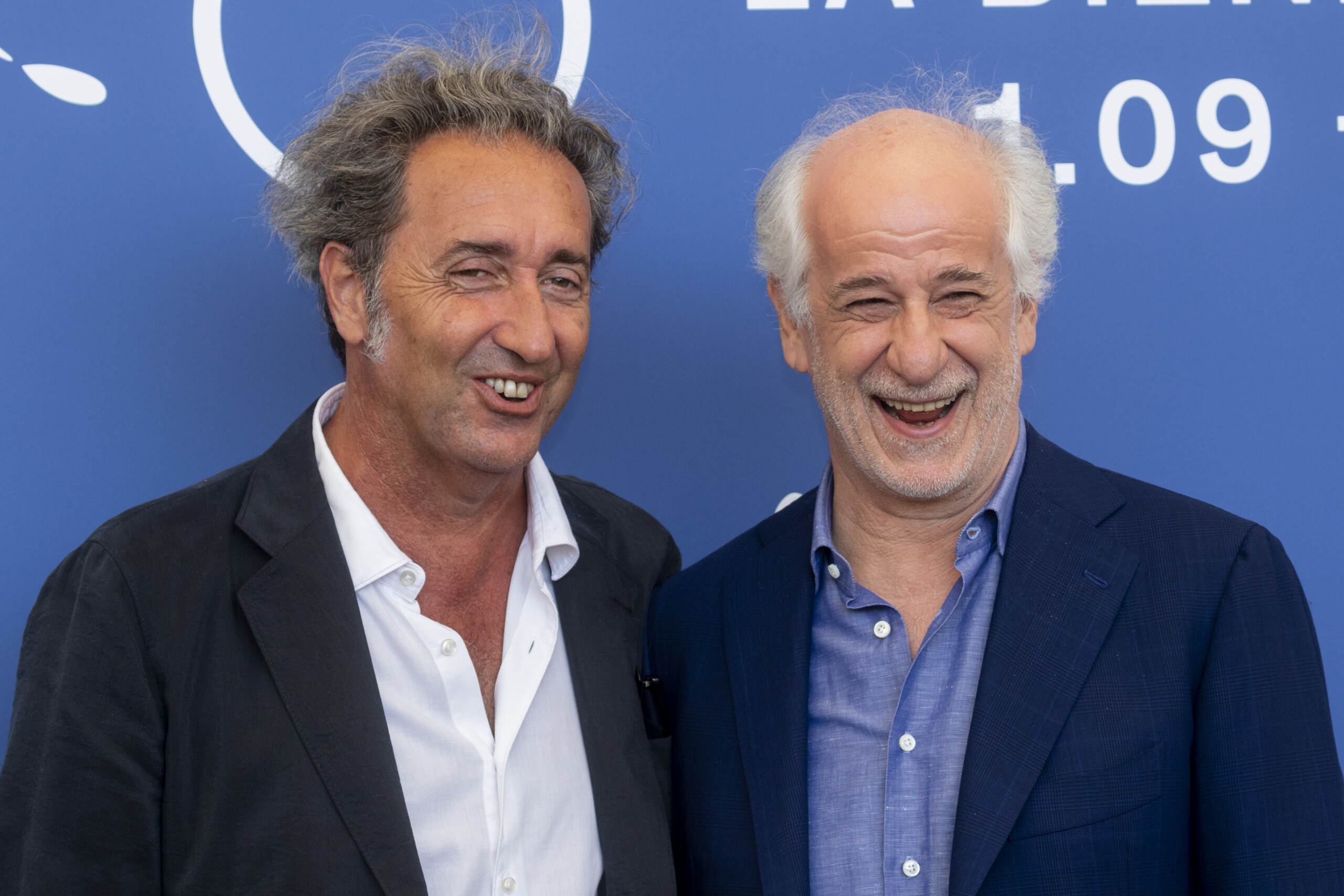Rome, July 23 (LaPresse) – "Toni Servillo is the kind of person who gives me great peace of mind, and so I work better with him than with others." These were the words of Oscar-winning director Paolo Sorrentino at the Giffoni Film Festival. While waiting to see them work together again in La Grazia, the director spoke about his relationship with Servillo, who had also been at Giffoni a few days earlier and said: "We love each other very much, and from time to time we feel the need to rescue each other—one as the director, the other as the actor."
"I fully agree with everything he said," the director commented.
During the talk, the young audience asked many questions about the behind-the-scenes and symbols of the director's filmography. For example, the son of Professor Marotta in Parthenope? "He doesn't symbolize anything. It’s something I saw in real life, almost exactly the same. I added a bit of imagination, but it's something I truly saw."
On his melancholic outlook: "I think melancholy is a timeless state of mind. I was melancholic even at nine years old without a reason, so I think it’s one of those things—like someone might be good at drawing, someone else can play the piano by ear, and someone is melancholic. I think it works like that."
On one of the recurring themes in Sorrentino's work—the passage of time, and the relationship between youth and old age—he reflected on how his perspective has shifted in recent projects: "When I was young, I worried more about the past than the future. Now that I’m no longer young, I worry about the future because it interests me more. But perhaps what really changed is my relationship with melancholy: that nostalgia is just a season of life, and eventually, it becomes boring. Maybe with age, I got bored of being melancholic and nostalgic. Now I’m more concerned about the future—mine and that of my characters."
On creative blocks, he explained: "It happens often, especially on set. But creativity is the child of lying. By pretending I knew what I wanted, I often reached the truth."
© Copyright LaPresse


